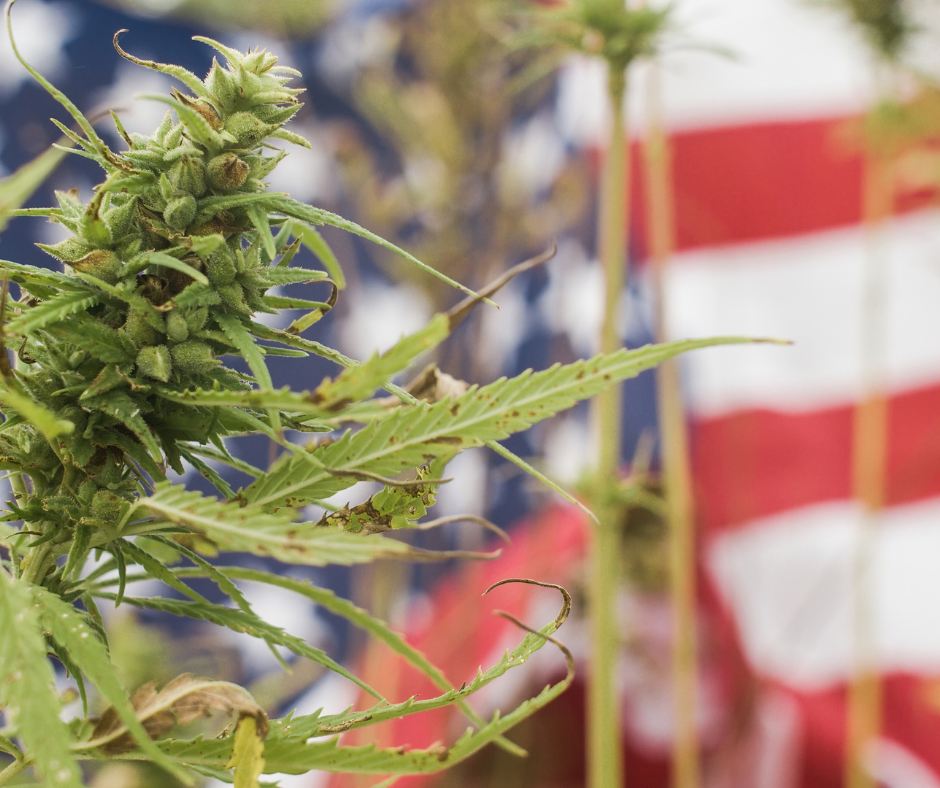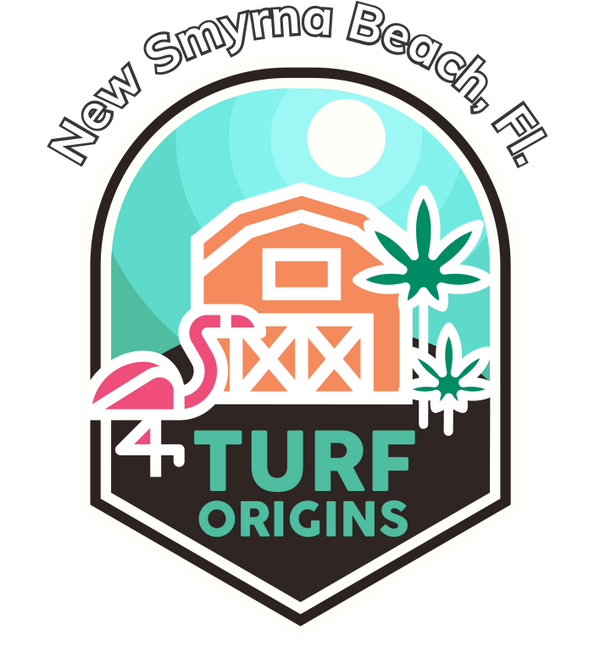In recent years, CBD (cannabidiol) has gained tremendous popularity for its potential health benefits and therapeutic properties. However, the journey to legalization and regulation of CBD in the United States has been far from straightforward. Despite its non-psychoactive nature and numerous potential health benefits, CBD found itself tangled in a web of conflicting regulations and legal hurdles. In this blog, we'll explore the fascinating story of how CBD went from being virtually unknown to a thriving industry, despite initial hurdles and challenges.
The Early Confusion
To understand how CBD became embroiled in legal ambiguity, we must first delve into the historical context of cannabis prohibition in the United States. Cannabis, including both marijuana and hemp, was classified as a Schedule I controlled substance under the Controlled Substances Act of 1970. This classification made all cannabis-related products illegal, regardless of their THC (tetrahydrocannabinol) content.
The Farm Bill of 2014
The turning point for CBD in America came with the passage of the 2014 Farm Bill. This bill authorized the cultivation of industrial hemp for research purposes and allowed the pilot programs to study its potential. Industrial hemp is a variety of the cannabis plant with very low THC content (0.3% or less), making it non-psychoactive.
This legislative change opened the door for the production and sale of CBD derived from industrial hemp. However, the legality of CBD products remained murky due to varying state regulations, and it was not until the 2018 Farm Bill that a significant breakthrough occurred.
The 2018 Farm Bill
The 2018 Farm Bill was a landmark moment for the CBD industry. It removed industrial hemp from the list of controlled substances and made it a legal agricultural commodity. This meant that CBD derived from industrial hemp, as long as it met the 0.3% THC threshold, was no longer considered illegal at the federal level.
However, the 2018 Farm Bill also left room for individual states to impose their own regulations on CBD, leading to a patchwork of laws across the country. Some states embraced the new opportunities presented by CBD, while others remained cautious or maintained strict restrictions.
FDA Oversight
The legality of CBD was further complicated by the Food and Drug Administration (FDA), which expressed concerns about the safety and quality of CBD products. The FDA has yet to establish clear regulations for the sale and marketing of CBD-infused products, including food and dietary supplements. As a result, many businesses have operated in a legal gray area, and consumers have been left to navigate an unregulated market.
Enforcement Actions
Despite the 2018 Farm Bill, law enforcement agencies occasionally conducted raids and seized CBD products, arguing that they contained illegal substances or violated state laws. These incidents added to the uncertainty surrounding the CBD industry and called for further clarification of federal and state regulations.
The journey of CBD legalization in America has been a convoluted one, shaped by historical perceptions of cannabis and a complex web of federal and state regulations. While the 2018 Farm Bill marked a significant step forward, the lack of clear FDA regulations and ongoing state-level variations continue to challenge the industry.
The future of CBD in America remains uncertain, as it will likely require further federal legislation and regulatory clarity to fully legitimize and standardize the industry. In the meantime, consumers should exercise caution, conduct thorough research, and consult with healthcare professionals before using CBD products to ensure they are safe and legally compliant in their state.
As public interest and scientific research on CBD continue to grow, it is essential for policymakers to prioritize the creation of comprehensive and consistent regulations that prioritize both consumer safety and industry growth. The complex journey of CBD legalization in America is far from over, but it is a story that highlights the evolving landscape of cannabis policy in the United States.

